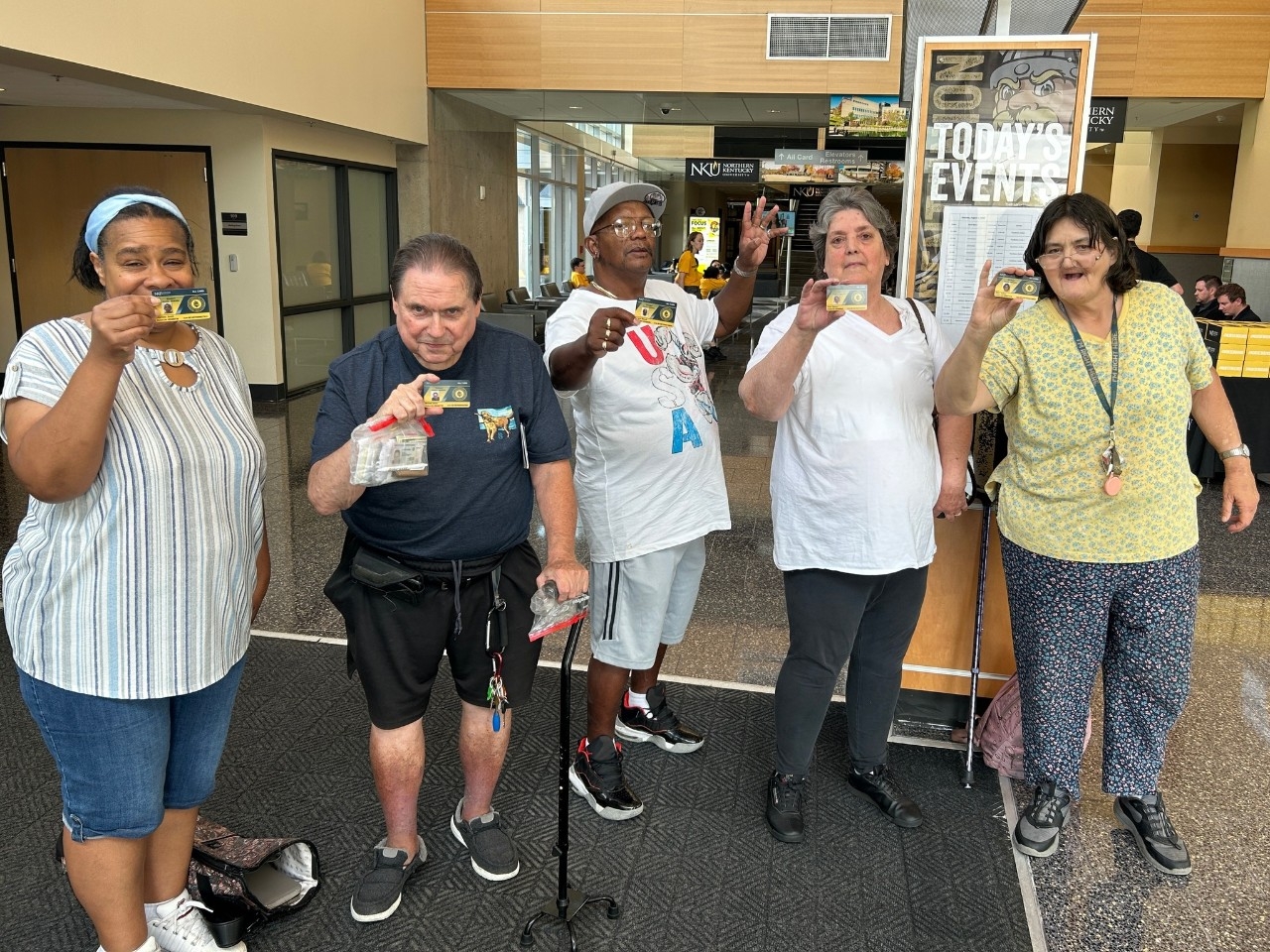
Northern Kentucky University (NKU) has joined forces with the Northern Kentucky Community Action Commission (NKCAC) to help adults aged 55 and older gain the education and training necessary for careers in finance. Supported by an AmeriCorps grant, this Senior Workforce Program specifically targets low to moderate-income seniors, providing pathways to financial independence and career growth.
Rhonda Chisenhall, vice president of community development for NKCAC, highlighted the crucial role this partnership plays for the senior demographic.
"Our program enrolls participants aged 55 and older who are interested in receiving training to establish careers in financial fields," Chisenhall says. "Our partnership involves paying tuition through our grant for students attending NKU classes. We worked closely with Lee Kersting, [department chair of accounting, economics and finance at NKU], who created a specific micro-credential for those students. In three semesters, they’re able to get a micro-credential in finance that would help them gain employment."
The initiative originally came about when NKCAC identified a grant opportunity through AmeriCorps Seniors aimed at bolstering senior workforce development. Initially, NKCAC planned to directly partner with Fidelity Investments for job training. However, when Fidelity itself partnered with NKU, NKCAC decided to make use of NKU’s academic resources, building the specialized micro-credential.
The program provides essential training, including financial management and digital literacy, while offering additional support such as career counseling, resume workshops and personalized job placement assistance.
Chisenhall emphasized the importance of targeted support for low-income seniors.
“The population we work with is probably not likely to go back to school at that point in their life without support," she says. "Our program provides them with all the support they need to make sure they’re successful in their academic studies."
The partnership is designed not only to help participants secure employment in the financial sector but also to achieve financial stability and independence.
"Our intention is to help these lower-income seniors receive education and on-the-job training," Chisenhall says. "When they complete the program, they'll be able to secure employment making a livable wage, allowing them to become self-sufficient."
Looking forward, Chisenhall sees significant potential for growth and expanded community impact.
"It would be great if it could grow by getting the word out," she says. "Having larger groups of students creates a stronger support network. Over time, our first cohort will become mentors and buddies to new students entering the program."
Senior Web Content Specialist